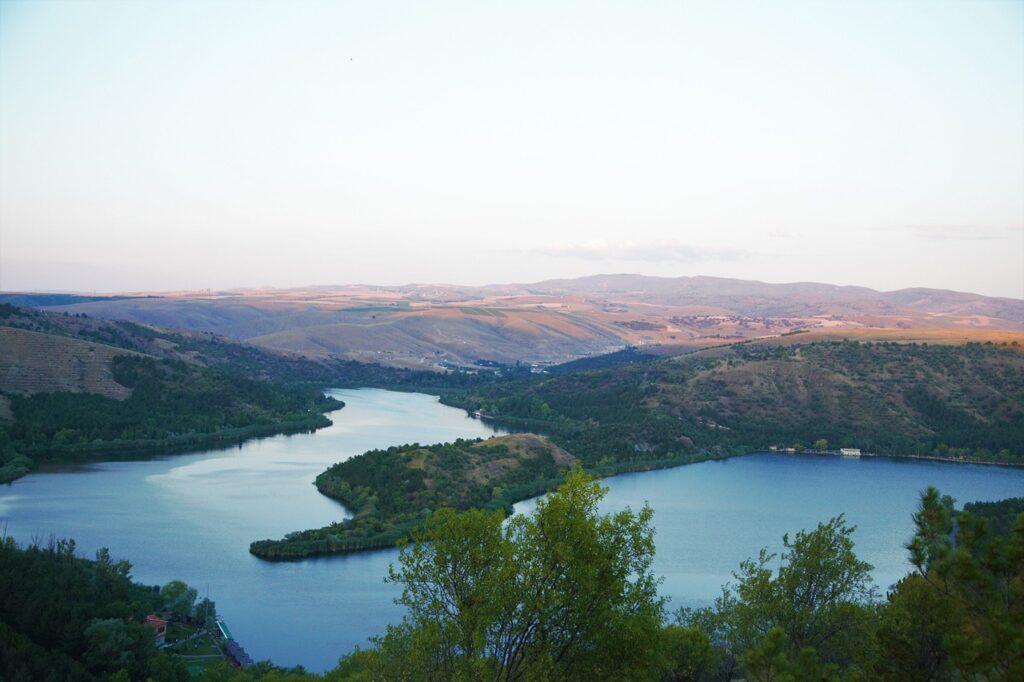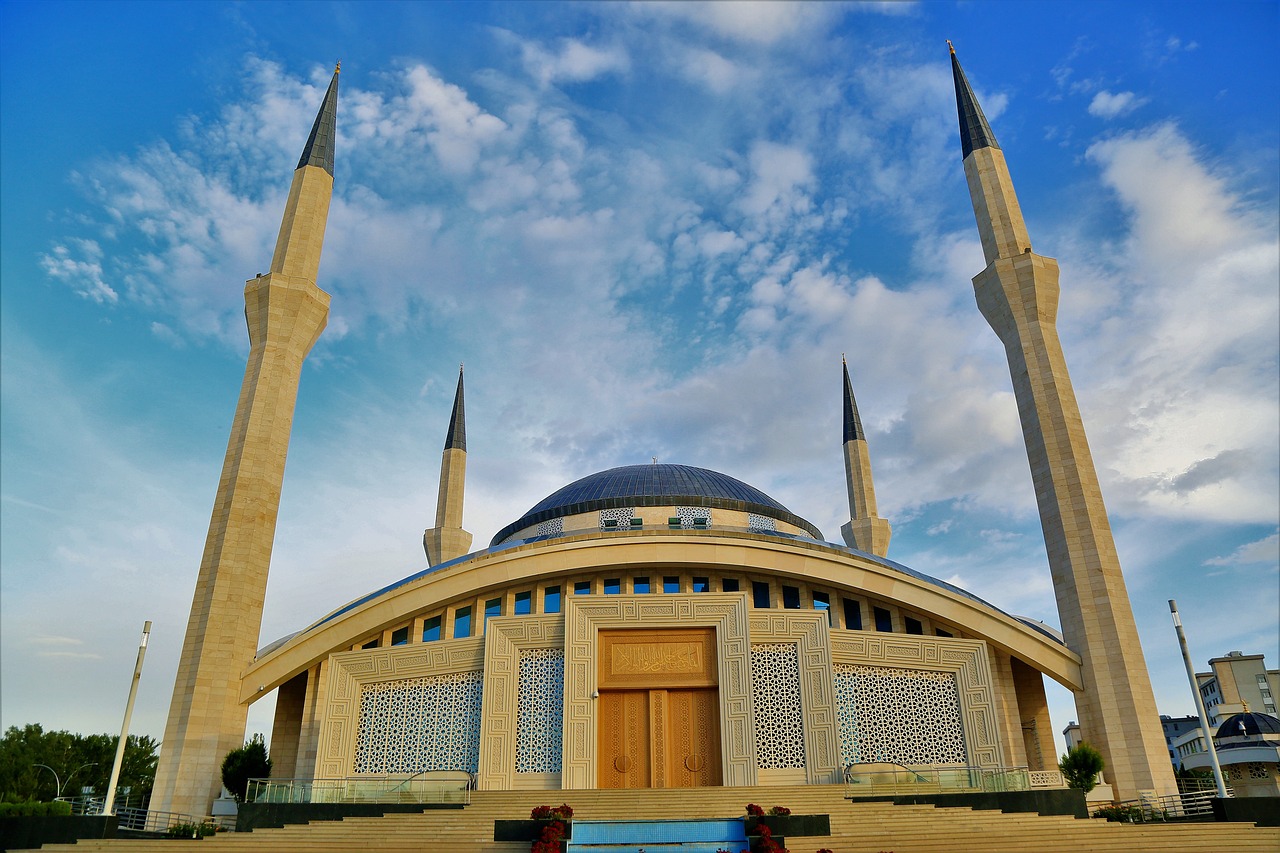When discussing the geography and politics of Turkey, one common question arises: Is Istanbul the capital of Turkey? This query often leads to confusion due to Istanbul’s prominence and historical significance. This comprehensive article will clarify the capital city of Turkey, discuss Istanbul’s role, and explore why it is often mistaken as the capital.
The Official Capital of Turkey: Ankara
The Historical Context of Turkey’s Capital
To answer the question directly: No, Istanbul is not the capital of Turkey. The official capital is Ankara. Ankara became the capital of Turkey in 1923, following the Turkish War of Independence and the establishment of the Republic of Turkey. The decision to move the capital from Istanbul to Ankara was part of a broader strategy to modernize and centralize the new republic’s administration.
Before Ankara, Istanbul—formerly known as Constantinople—was the capital of the Ottoman Empire. Istanbul’s historical significance is undeniable, but the political and administrative shift to Ankara was aimed at creating a more centralized and modern state structure.
Why Ankara Was Chosen
Several factors influenced the decision to make Ankara the capital:
- Geographical Location: Ankara’s central location in Turkey made it more accessible from different parts of the country, facilitating better administrative control and communication.
- Strategic Significance: Ankara’s position was more defensible compared to Istanbul, which is located on the coast and was more vulnerable to external threats.
- Modernization Goals: The new Republic of Turkey aimed to break away from its Ottoman past and modernize its institutions. Moving the capital to a less historically laden city like Ankara symbolized this shift.
Istanbul’s Prominent Role in Turkey
Istanbul’s Historical Significance
While Istanbul is not the capital, its historical and cultural importance cannot be overstated. Istanbul has been a major city for over two millennia and served as the capital of two major empires:
- Byzantine Empire: Known as Constantinople, it was the capital from 330 AD until the Ottoman conquest in 1453.
- Ottoman Empire: As the Ottoman capital, Istanbul was the heart of the empire’s administration, culture, and commerce.
Istanbul’s Economic and Cultural Impact
Today, Istanbul is Turkey’s largest city and its economic powerhouse. The city is a global hub for finance, trade, and tourism. Its vibrant culture, rich history, and strategic location at the crossroads of Europe and Asia make it one of the world’s most important cities.
- Economic Hub: Istanbul hosts the largest share of Turkey’s businesses, financial institutions, and major industries. It is also the country’s leading tourist destination.
- Cultural Significance: The city is renowned for its historical landmarks, such as the Hagia Sophia, Topkapi Palace, and the Blue Mosque. Istanbul’s cultural richness reflects its diverse history, which includes influences from Roman, Byzantine, and Ottoman periods.
Common Misconceptions About Istanbul
Misunderstanding Istanbul’s Status
Many people mistakenly believe Istanbul is the capital due to its size and historical prominence. This misconception often arises from:
- International Influence: Istanbul’s role as an international city with numerous global connections can overshadow Ankara’s administrative functions.
- Historical Legacy: Istanbul’s rich history as a former capital of two major empires contributes to the confusion about its current status.
Addressing the Confusion
To clarify, Ankara remains the political and administrative capital of Turkey. It houses the country’s government institutions, including the Presidential Palace, the Grand National Assembly of Turkey, and various ministries. While Istanbul’s global influence is substantial, the role of Ankara in Turkish governance is central and crucial.
Comparing Istanbul and Ankara
Administrative Differences
- Ankara: As the administrative capital, Ankara is the center of Turkish political activity. Its modern infrastructure supports the functions of the government and provides a setting for political and diplomatic events.
- Istanbul: Istanbul, with its extensive history and economic significance, plays a different role. It is the primary commercial and cultural center of Turkey, driving much of the country’s economic activity and tourism.
Quality of Life and Urban Development
Both cities offer unique living experiences:
- Ankara: Known for its planned urban layout, lower cost of living, and relative calm compared to Istanbul. It offers a more traditional administrative atmosphere.
- Istanbul: Characterized by its vibrant life, diverse neighborhoods, and bustling activity. It presents a dynamic lifestyle with its blend of historical charm and modern development.

The Importance of Understanding Turkey’s Capital
Recognizing the Role of Each City
Understanding the distinction between Istanbul and Ankara is essential for several reasons:
- Political Awareness: Knowing that Ankara is the capital helps in understanding Turkey’s political structure and governance.
- Cultural Appreciation: Recognizing Istanbul’s role as a cultural and economic hub enhances appreciation for its contributions to Turkey’s global identity.
- Travel and Business: For travelers and business professionals, knowing the difference between the two cities is crucial for navigating Turkey’s diverse landscape.
Impact on Turkey’s Image
Both cities contribute to Turkey’s image, but in different ways:
- Ankara: Represents the modern administrative face of Turkey, symbolizing the nation’s governance and modernity.
- Istanbul: Embodies Turkey’s historical richness, cultural diversity, and economic dynamism.
Conclusion
In summary, Istanbul is not the capital of Turkey; that distinction belongs to Ankara. While Istanbul’s historical and economic significance is immense, Ankara’s role as the administrative center is vital for the country’s governance. Both cities, with their unique attributes, play critical roles in shaping Turkey’s identity and functionality.
Understanding this distinction enhances one’s knowledge of Turkey and provides a clearer picture of its political and cultural landscape. Whether you are a visitor, a student of geography, or someone interested in Turkish politics, recognizing the roles of Istanbul and Ankara is key to appreciating the full scope of Turkey’s diverse character.
read more









